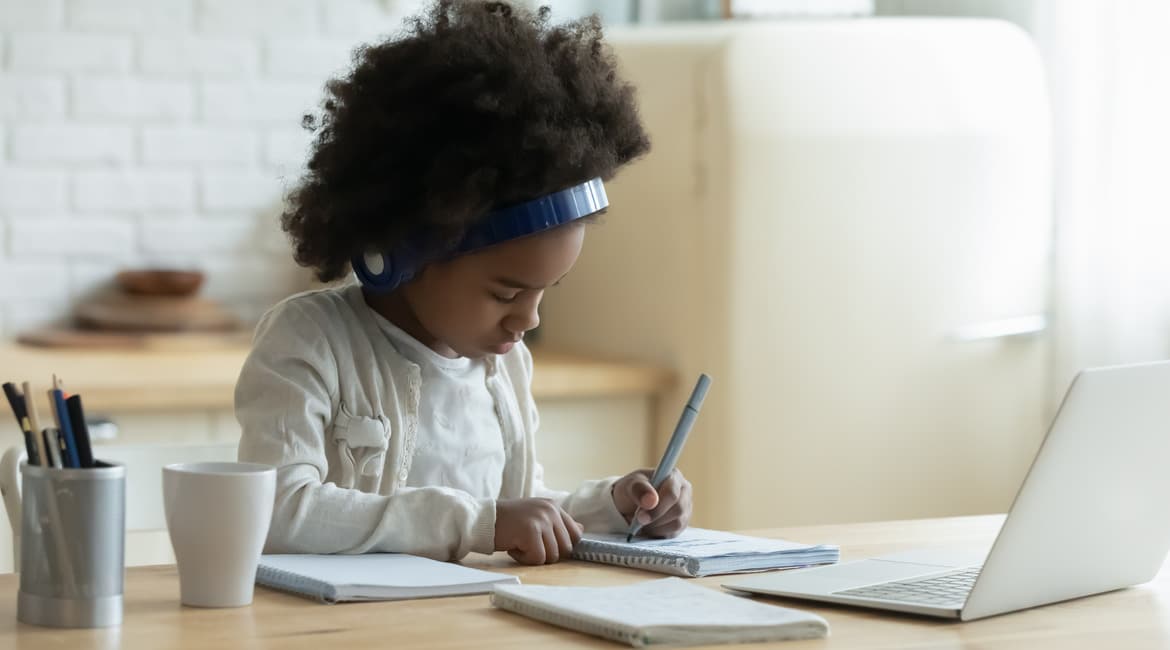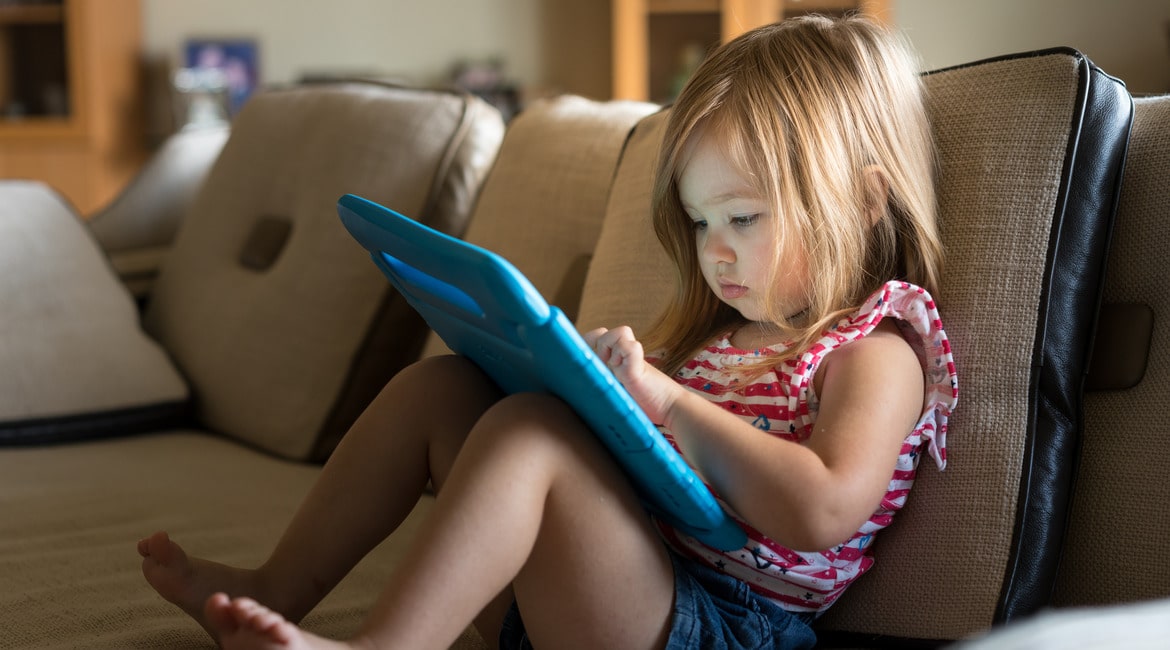If you know kids, you know how distracted they can be. New toys have flashing lights and sounds. Distractions are everywhere; and if adults have difficulty managing it, how do children?
The answer is, children need your help to improve concentration. It is not in a child’s nature to sit and concentrate on one idea, project, or concept, but sometimes kids need a few extra minutes to sit and spend time learning, listening, or reading.
With a little help from the adults in their lives, kids can improve their ability to concentrate. Keep reading to learn how to improve concentration in kids.
Reducing Distractions helps to Improve Concentration
Distractions are the enemy of concentration – for adults as well as children. Minimize them. When you want your child to concentrate on something important, like reading or learning a new skill, acknowledge and remove them. Kids have different, distracting triggers; some are easily distracted by a screen. For others, it’s other children or music. Reducing distractions is key in helping kids improve their focus. There is a saying “To help kids eat their vegetables, it helps if there is nothing else on their plate.” When there are no distractions, kids can get down to business.
Breaking Down the Timing or the Task
Kids do not have the same sense of timing that adults do. If you tell a five-year-old, you have fifteen minutes to complete a task, that five-year-old cannot track passing time. Help kids by breaking tasks down into smaller parts, and creating achievable steps. This will keep kids motivated to move toward the ultimate goal. For example, if you want your child to read ten pages of a book, break the reading down into two-page chunks. Then, have a chat with your child about those two pages, before carrying on with the next two pages. If you tell your child there are twenty minutes until bedtime, it would be helpful to tell them again at ten and five minutes left. This will not only prepare your child to transition to bedtime but will help your child develop the internal skill of feeling time pass.
Having a Routine
One of the best ways to improve concentration in kids is to have a routine. When kids have a routine, they don’t spend a lot of time thinking about what to do and what is coming at them next. This frees up their thinking for – you guessed it, applying themselves to learning a new skill, focusing on homework, or creating an artistic masterpiece. Kids that are secure in their routines are also learning time management, which reinforces their internal clocks. Routines are valuable at an early age.
 Allowing Transition Time
Allowing Transition Time
Children need time to move from one activity to another. They need this not only to move their bodies but also to adjust their minds to their new activity. Add transition minutes between activities and give your child a warning when an activity is winding down and another is about to begin – and always allow a buffer of time in between. That way, your child can give his or her full attention to the current activity, without leaving lingering thoughts to the one s/he just finished.
Eating Enough Fiber and Whole Grains
Fiber and whole grains slow the digestion of sugar in little bodies (as well as adult bodies!), which delays a sugar high and crash that normally follows. During a sugar crash, kids report feeling sluggish and ‘foggy,’ and have a difficult time concentrating. Add foods high in fiber and whole grains like broccoli, apples, dried fruit, and oatmeal to your child’s diet and watch for better concentration!
Enjoying Physical Activity
If your child is fidgety during quiet activities that require concentration, the answer may be more physical activity during the day. How often does your child get outside? Run around? Have unstructured play with other children? This is important at every stage of development. And, getting rid of excess energy allows children to settle and focus when it comes time to study, read, and learn.
Letting Kids Have Fun
Remember that not every minute of the day needs to be scheduled. Kids need fun. Letting kids act naturally for their age gets their ‘sillies’ out, lets them turn their focus off for a while, and allows their brains to recharge and be ready to re-focus when needed. In the long run, this is an excellent investment of their time.
Getting a Good Night’s Sleep help to Improve Focus and Concentration
Who can concentrate with sleep deprivation? Most adults run on caffeine to battle a poor night’s sleep, and kids in most cultures don’t caffeinate to focus. A good night’s sleep is essential for kids to be able to concentrate on tasks during the day. Sleep allows the brain to unload toxins that build up while awake; after a restful night of sleep, a child wakes with clarity and is ready to focus on the day’s activities.
Children are naturally energetic and curious creatures; sitting down with focus and concentration is a skill they can develop over time. A trusted adult can help improve concentration in kids. We would love to hear how implementing these strategies worked for you!



